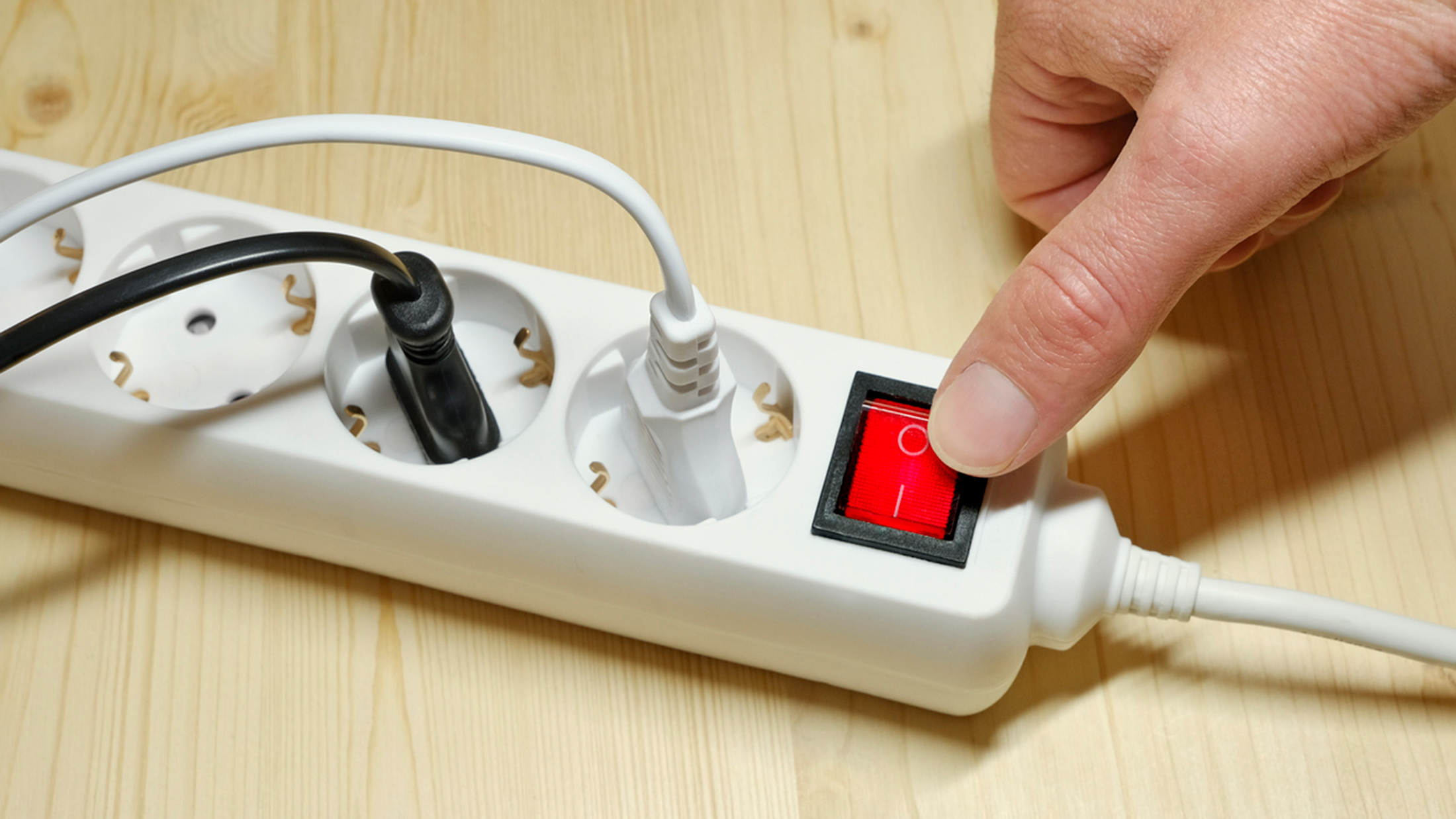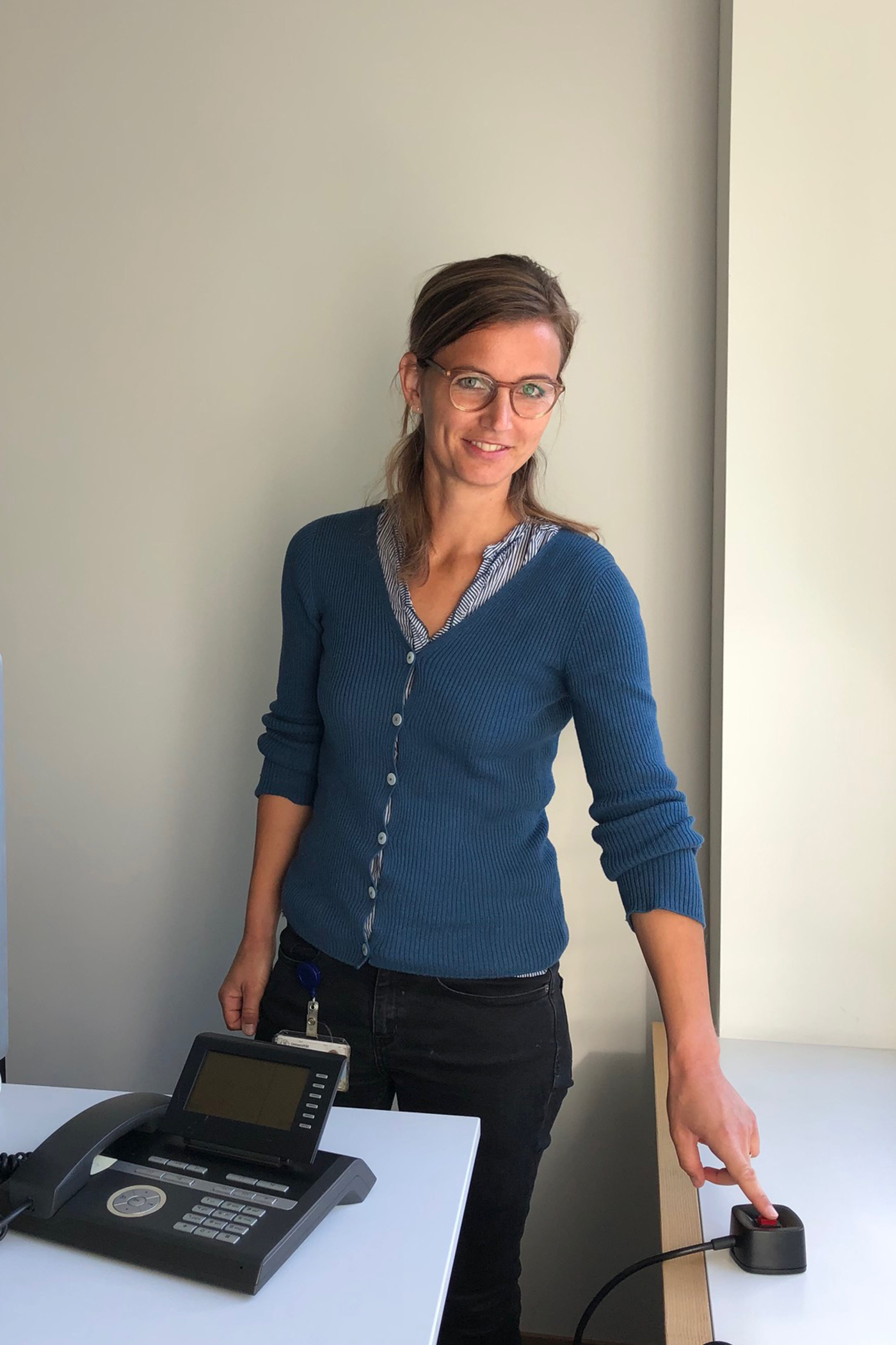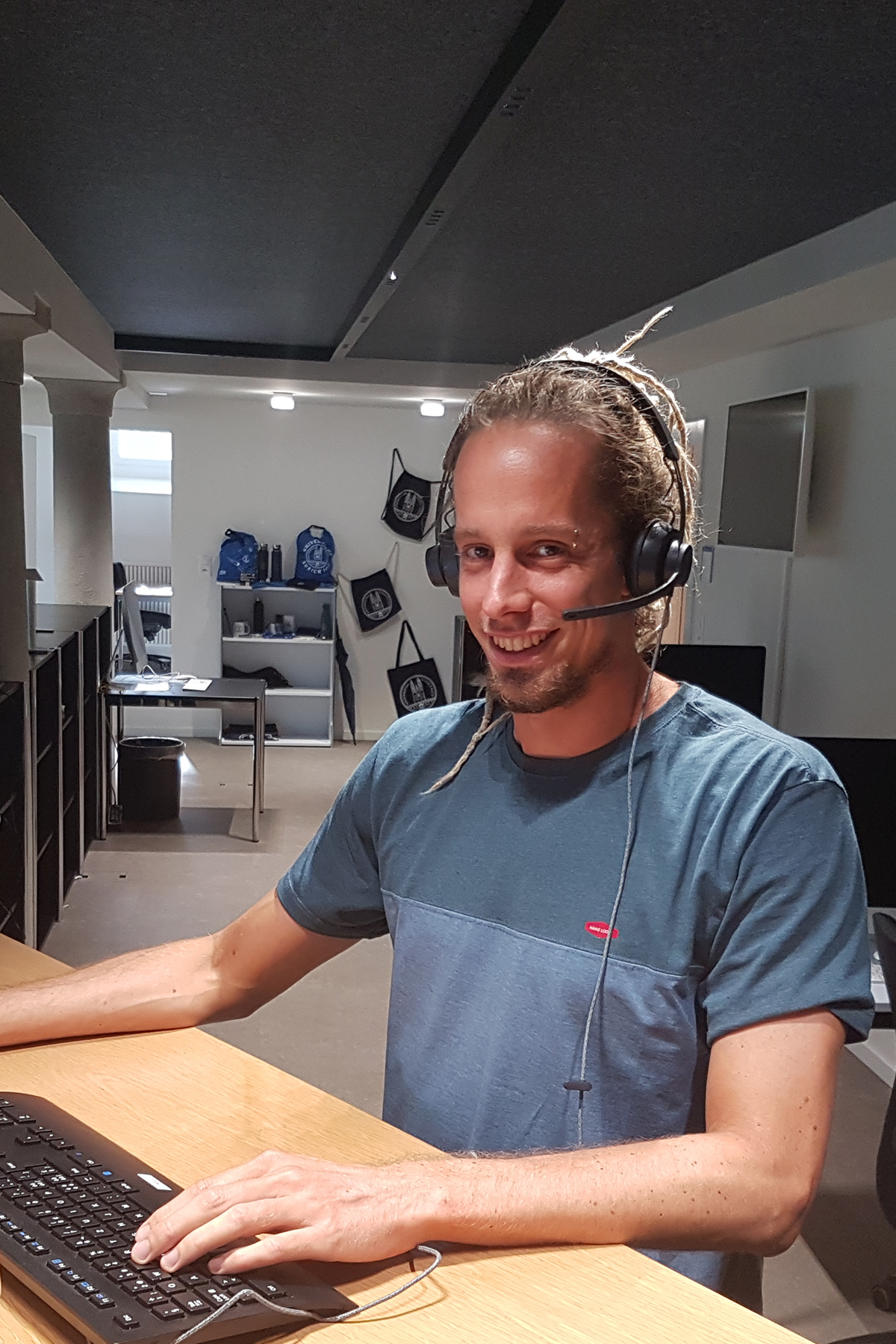Navigation auf uzh.ch
Navigation auf uzh.ch
We have asked experts for tips on the topics of energy saving, multifactor authentication and fire protection. They are small but hopefully useful help on topics that are often requested.

Most UZH employees have an environmentally friendly mindset and try to save energy whenever they can. Given the rising energy prices, it makes more sense than ever for us to be mindful of our energy consumption. So what can UZH members do in this area?

Linde Warland, head of the UZH sustainability team, believes that heating should be our top priority: “Room temperatures should generally be lowered, especially when you’re out of the office for several days.” The authorities have recommended that offices be heated to a reasonable 19 degrees during office hours this winter; if you’re not in the office, temperatures should be set a few degrees lower.
Since heating and regulation systems can vary from one UZH site to the next, it’s best to get in touch with the facility management team, who can help you adjust the heating. Facility Management City Campus Facility Management Irchel Campus
When it comes to electrical appliances, it makes sense to check which ones can be turned off overnight or over the weekend, including devices that you use on a daily basis, such as computers, laptops and printers, as well as coffee machines and lamps. Power strips that can be switched off are very useful for disconnecting devices that don’t have a proper off mode. IT equipment nowadays usually has a sleep or standby mode that significantly reduces their energy consumption, but there still some that don’t meet these standards and continue to use up electricity. Linde Warland has a simple rule of thumb here: “If a device or adapter still gives off heat when it’s not being used, you should unplug it.”
In general, we should always be asking ourselves how we can optimize our energy consumption. It goes without saying that you should only print documents if absolutely necessary, and you should make sure to print on both sides of the paper using a central printer. Or that, health permitting, eco-minded members of UZH ought to take the stairs rather than the elevator – which benefits your health as well as the environment.
Ah, yes, multifactor authentication. Anyone who wants to sign into their MS Office or Teams accounts online has to confirm their identity with a second factor – most people use their mobile phones. The authenticator app on your phone lets you access and use the online application. But what to do if you get a new phone? How can you transfer your authentication to a different device?

Beat Meile from UZH’s Central IT office has some advice about this topic: “Before deleting the authenticator app on your old mobile phone, you should add the new device to UZH’s Microsoft 365 account under ‘Security info’.” The new device is then registered as an additional login method. This is the most straightforward method to transfer your authentication, and there are step-by-step instructions under the support section.
Once you’ve done this, you can go ahead and deactivate your old device or delete the app. If you don’t add this alternative or additional authentication method to your account before you delete the app, it’s like you’re locking yourself out. But what about if your phone is stolen or lost? In this case, you have to reinstall multifactor authentication. Luckily, this process is also described in detail in IT’s support page.
By the way, your best bet is to store your phone number as a second authentication method in addition to the device right from the start. Even if you lose your device, you generally don’t lose your phone number, and you can quickly be up and running again. Multifactor authentication was introduced to prevent cyberattacks on UZH and its servers.
According to Beat Meile, questions about transferring multifactor authentication to new devices are among the most asked questions at UZH, right next to questions about managing passwords in Identity Manager and configuring Outlook in Exchange. So before you pick up the phone to call the Service Desk, it’s worth checking out the tips for staff on Central IT’s website.
When it comes to staging events, the Lichthof in the main building and on Irchel Campus, as well as the Foyer West in the main building are popular choices. The bright and spacious venues are perfect for get-togethers of all kinds. From a fire safety perspective, however, these places are far from ideal, as they are escape and rescue route areas that must remain clear at all times.

This is also why any events held there may not feature any flammable materials, but only certified materials that comply with strict fire safety standards. In other words, this means that the materials used have to be approved by the fire safety officers in the Safety, Security and Environment office. Cem Yildiz, fire safety officer, recommends the following: “If you’re planning an event, you should get in touch with us as early as possible to make sure that the materials are permitted or to find alternatives.” This applies to all venues at UZH, not just the three examples mentioned above. Contact
Due to fire regulations, which have been in force for several years, anyone organizing an event must use RF1 (non-combustible) materials. This includes the movable metal walls that are often used for events and on which posters may be hung. In exceptional cases, Safety, Security and Environment also accepts RF2 materials, which have low flammability, for example for booths or roll-ups. The office has a list of manufacturers whose materials comply with fire safety regulations. Flyers, giveaways and exhibits are excluded from these regulations, but need to be registered in advance.
UZH’s fire safety experts are on hand to give advice about which types of materials and objects are allowed and can provide you with alternatives whenever possible. Nevertheless, sometimes it’s unavoidable for event organizers and fire safety officers to have conflicting goals. “The safety of people is our top priority, but we’ll do everything we can for your event to go ahead,” emphasizes Cem Yildiz.
safety website (in German)
Contact